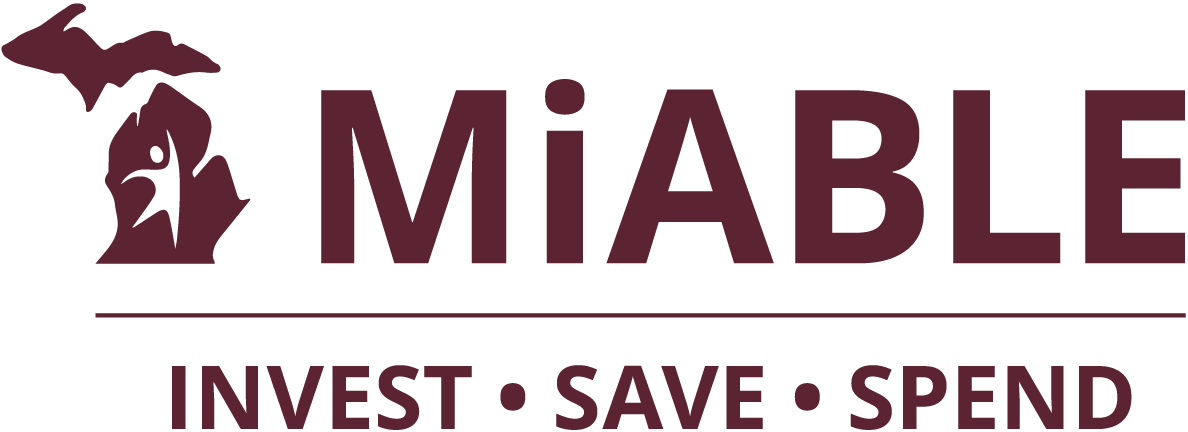
Upgrades make Michigan disability savings program even more family-oriented
MiABLE aims to put Michiganders with disabilities on the path to financial freedom.

Michigan lawmakers created the MiABLE savings program to help people with disabilities achieve financial independence.
Since the program enrolled its first individuals in 2016, it has been fine-tuned and enhanced to make saving easier.
The most recent improvements included the expansion of who can open an account on behalf of a disabled beneficiary.
“Since our mission is to bring economic peace of mind to Michigan residents with disabilities and their families, a wider variety of family members were added to the list,” said R. Scott de Varona, MiABLE program director for the Michigan Department of Treasury. “As we enter 2021, MiABLE is better positioned than ever to help the people we serve achieve their financial resolutions.”
Now — besides people with disabilities themselves, their parents, court-appointed guardians and those who have power of attorney for disabled individuals — spouses, siblings and grandparents are also eligible to open MiABLE accounts for qualified beneficiaries.
Another group that gained eligibility: representative payees who manage Social Security Disability Insurance or Supplemental Security Income payments for people with disabilities.
Additionally, all Michigan residents who contribute to a MiABLE account are eligible for a deduction on their state tax return for the year in which the contribution was made.
Save without losing benefits
The recent enhancements are a welcome addition to other advantageous MiABLE features, the primary one being the ability to save without jeopardizing the beneficiary’s government assistance.
Unlike many other forms of savings, MiABLE doesn’t affect eligibility for Supplemental Security Income and other government benefits, provided the account balance doesn’t exceed $100,000.
Typically, in order to receive public benefits, individuals with disabilities can’t have more than $2,000 in assets — a major impediment to saving that federal policymakers aimed to resolve by passing the Achieving a Better Life Experience (ABLE) Act, which allowed for MiABLE’s creation.
Up to $15,000 a year can go into a MiABLE account, and beneficiaries who are employed can contribute an additional $12,760 annually.
Withdrawals for qualified expenses aren’t taxed
MiABLE account holders can choose from various investment options, ranging from conservative to aggressive, in which their savings can grow tax-free. In addition, withdrawals are not taxed if used for qualified disability expenses.
Qualified MiABLE expenses include those related to education, housing, transportation, employment training and support, assistive technology and personal support services, health, illness prevention and wellness, financial management, quality of life improvements, legal fees, and funeral and burial expenses.
Since MiABLE launched, more than 5,000 accounts have been opened on behalf of beneficiaries with disabilities, with a combined total of $21.4 million in savings as of Dec. 15.
However, about 300,000 Michigan residents are eligible for MiABLE accounts, de Varona noted. In general, any individual who became disabled or blind before age 26 and is entitled to Social Security Disability Insurance or Supplemental Security Income is allowed to have a MiABLE account.
“We’re hoping that the recent program upgrades will prompt even more people to take advantage of the opportunity to help ensure financial independence and the brightest future possible for Michigan citizens with disabilities,” de Varona said.
More information about MiABLE is available at miable.org.
 How Michigan families protect disability benefits
How Michigan families protect disability benefits Savings program helps MI residents with disabilities
Savings program helps MI residents with disabilities Learn how MiABLE makes life with disability better
Learn how MiABLE makes life with disability better